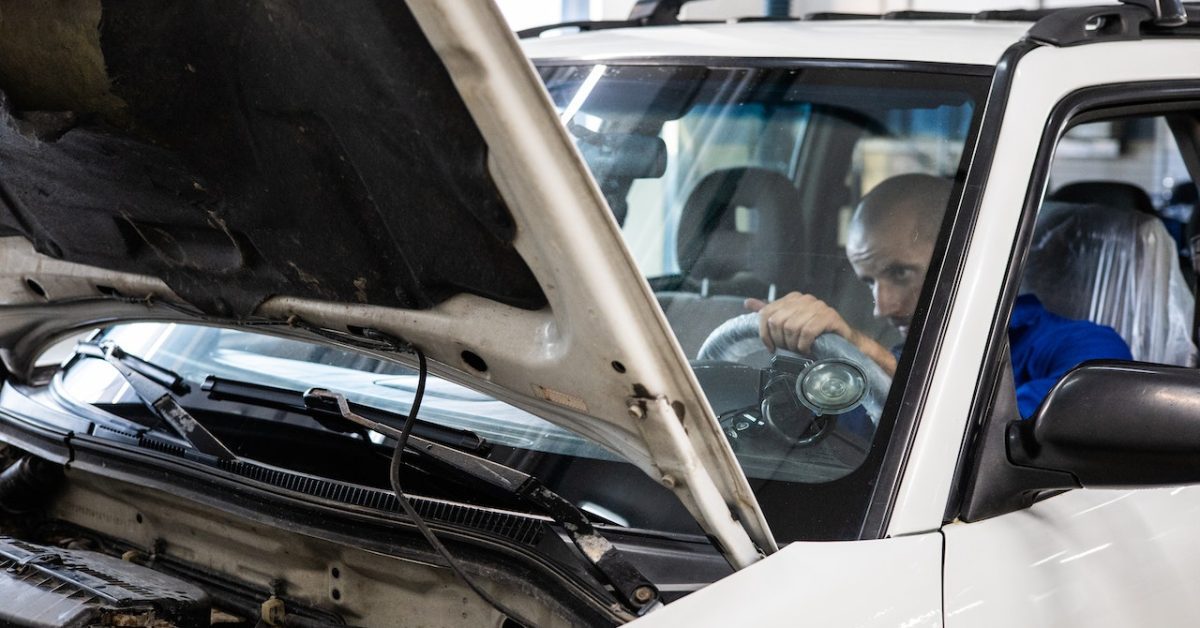When it comes to car repairs, misinformation seems to be everywhere. From old wives’ tales passed down through generations to dubious tips found on the internet, it’s easy to fall victim to common car repair myths. However, believing these myths can lead to costly mistakes and unnecessary repairs. To help you separate fact from fiction, we’ve compiled a list of the most prevalent car repair myths and debunked them once and for all.
Myth 1: Letting your engine idle warms it up faster.
One of the most enduring myths is the belief that idling your car allows the engine to warm up more quickly, especially during cold winter months. While it’s true that engines take a little longer to reach their optimal operating temperature in colder weather, idling for an extended period isn’t the solution. Modern engines are designed to warm up efficiently while being driven. In fact, idling for too long can actually harm your engine by causing excessive wear and tear, wasting fuel, and contributing to unnecessary pollution.
Myth 2: Premium fuel enhances your car’s performance.
Many individuals think that using premium fuel in their cars, even when it’s not necessary, will improve the performance of their automobiles. This, however, is really a misunderstanding. Using premium fuel won’t have a substantial impact on your vehicle’s performance unless the manufacturer specifically advises or mandates it. In actuality, wasting money by filling up a car with premium fuel that doesn’t require it. To get the best performance and fuel economy out of your car, only use the fuel that the manufacturer recommends.
Myth 3: You need to change your oil every 3,000 miles.
The 3,000-mile oil change interval has been a long-standing rule of thumb for many car owners. However, advancements in engine technology and the development of high-quality synthetic oils have made this myth obsolete. Most modern vehicles can go much longer between oil changes. Follow your car’s manufacturer recommendations, which typically suggest changing the oil every 5,000 to 7,500 miles, or as specified in your owner’s manual. Regularly checking your oil level and quality is more important than blindly adhering to an outdated mileage figure.
Myth 4: You must get your car serviced at the dealership to maintain your warranty.
A common misconception is that you must service your car exclusively at the dealership to keep your warranty valid. In reality, this is not true. As long as you perform regular maintenance as outlined in your vehicle’s owner’s manual and use approved parts and fluids, you can have your car serviced at an independent repair shop without voiding your warranty. The Federal Trade Commission’s Magnuson-Moss Warranty Act protects consumers’ rights to choose where they have their vehicles serviced.
Myth 5: A car battery will recharge while driving.
It’s often believed that a car’s battery will recharge fully during regular driving. While it’s true that the alternator charges the battery while the engine is running, it may not fully recharge a severely depleted battery. If you frequently make short trips or have a weak battery, the alternator may not have enough time to replenish the charge. If you suspect your battery is weak, it’s best to have it tested and replaced if necessary. Additionally, regularly using accessories while the engine is off, such as playing the radio or leaving the headlights on, can drain the battery over time.
Separating fact from fiction is essential when it comes to car repair myths. By dispelling these common misconceptions, you can make informed decisions about your vehicle’s maintenance and avoid unnecessary expenses. Remember to consult your owner’s manual for specific recommendations and seek professional advice from trusted mechanics or automotive experts. With accurate information at hand, you can keep your car in optimal condition and save money.







